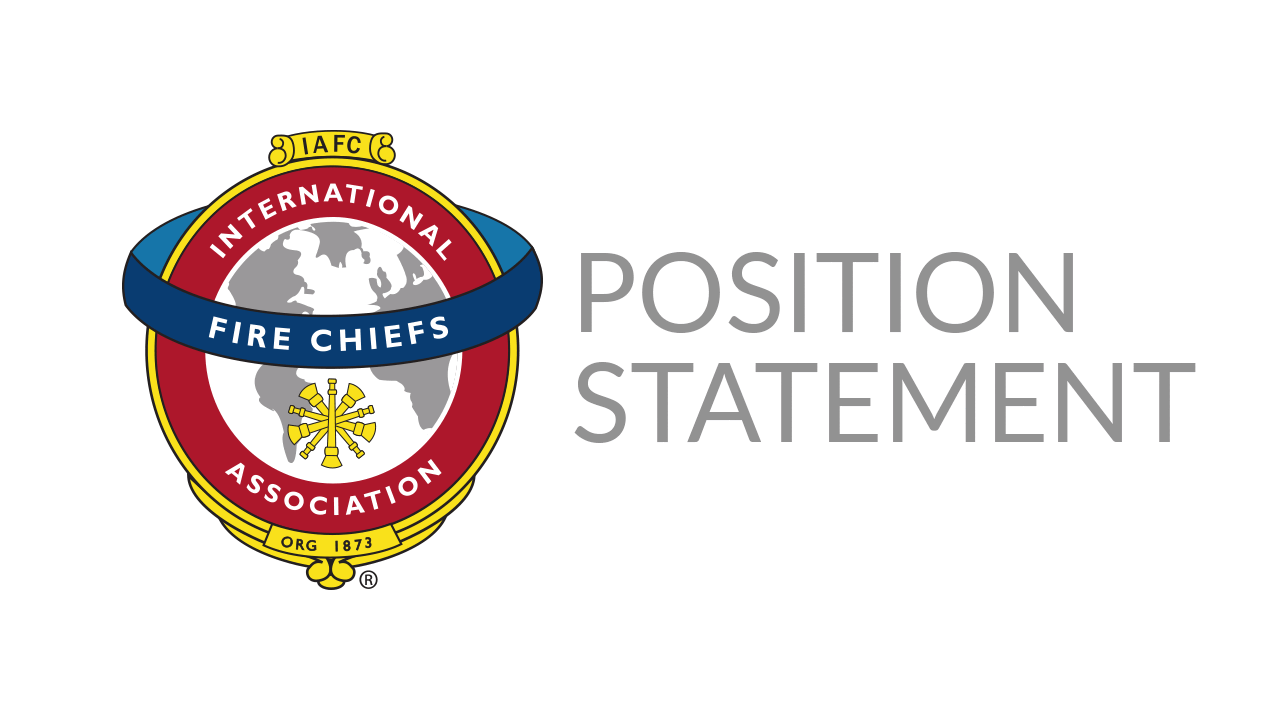IAFC Position: Plain Language Use in Radio Communications

The IAFC adopts the position to encourage chiefs of fire and rescue departments to implement radio practices that minimize or eliminate coded substitutions for English language in their respective departments.
Background: At the SAFECOM Emergency Response Council (ERC) meeting in June 2007 there was unanimous agreement among public safety practitioners that plain language and common terminology is a very important step in addressing public safety communications interoperability. A working group called the Standardization & Accreditation Practitioner Action Team (PAT) was selected to initiate action to achieve the plain language goal. The PAT requested the Executive Committee of SAFECOM to endorse the action which was done.
The Office of Emergency Communications of the Department of Homeland Security (which oversees SAFECOM) has now made this a priority. One of the key steps being pursued is having national public safety organizations adopt the concept of plain language and then urge their members to do so. The purpose is to have individual fire chiefs, EMS directors, chiefs of police and sheriffs institute plain language in the communications protocols of their respective departments leading, over time, to better interoperability.
Thus, the IAFC Communications Committee at its 2008 meeting voted unanimously to request the IAFC Board of Directors to adopt a plain language policy position statement. Both the International Association of Chiefs of Police and the National Association of State EMS Officials have adopted policies supporting the use of plain language.
Reasons for Plain Language
- Coded substitutions for plain English language may jeopardize clear radio communications.
- Clear and unambiguous radio transmissions as essential to situational awareness as an integral part of incident management.
- Plain language promotes greater clarity and understanding of emergency radio traffic among and between public safety agencies and political jurisdictions and thus contributes to effective interoperability.
ADOPTED BY: IAFC Board of Directors on January 23, 2009